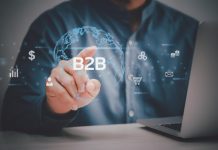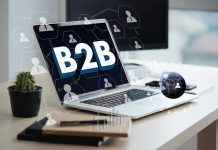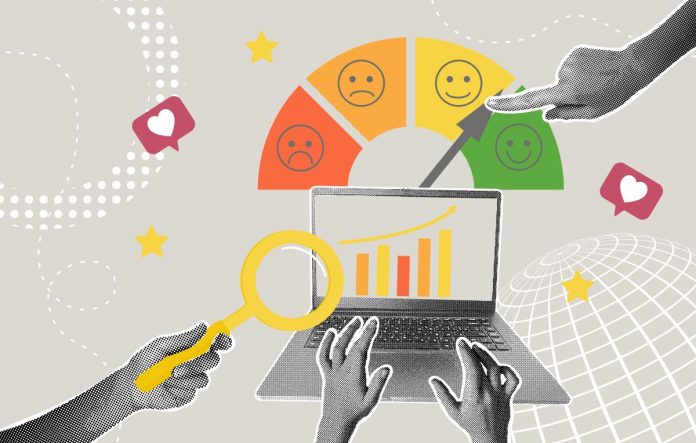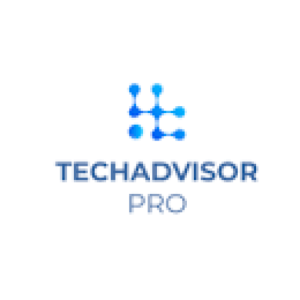In 2025, one dominant B2B marketing trend is reshaping how companies attract, engage, and close high-value customers: AI-powered account-based personalization. As organizations invest heavily in technology and data-driven strategies, this hybrid approach marrying AI with Account-Based Marketing (ABM) is becoming the benchmark for effective B2B marketing.
1. The AI Revolution in B2B Marketing
Artificial Intelligence is no longer experimental; it’s operational. Surveys show that roughly 53% of B2B marketers are actively using AI tools, with another 33% currently testing platforms or building roadmaps for deeper adoption. Moreover, industry leaders note that 85% of organizations believe AI users outperform competitors in generating revenue.
Specific AI use cases are widespread:
- Generative AI for content creation: 63% of B2B firms leverage AI to generate landing pages, email campaigns, e-books, and blogs.
- Lead scoring and segmentation: 67% of companies use AI to analyze behavior and predict intent, improving efficiency by ~40%.
- Chatbots and virtual assistants: Integrated into demand generation efforts, about 57% of marketers use AI chatbots, and 26% saw a 10–20% rise in leads.
Marketers also report improved SEO outcomes, with 83% saying AI positively influenced search engine optimization efforts.
2. ABM + AI: A Powerful Combination
Account-Based Marketing (ABM) continues its ascent as a core B2B strategy. As of 2025, 70% of marketers already run active ABM programs, with adoption expected to rise further.
Performance is impressive:
- ABM delivers 171% more revenue per account, and 87% say it offers higher ROI than traditional campaigns.
- Engagement rates increase by 50–70%, and marketers benefit from significantly higher close rates and deal sizes.
Of note, 66% of marketers believe AI/ML will significantly scale ABM, and 72% plan to deploy dynamic, personalized content in their ABM campaigns.
Bottom line: AI boosts ABM by enabling scalable personalization, smarter segmentation, and automated workflows.
3. Hyper‑Personalization & Predictive Insights
B2B buyers now expect tailored experiences:
- 91% expect at least some personalization, with 51% demanding high or very high levels of customization during the purchase journey.
- When executed well, personalization can lift marketing ROI by up to 30% (McKinsey).
AI-powered predictive analytics help marketers anticipate buyer behavior and deliver relevant messaging at each stage. According to research, predictive lead scoring leads to 25% more qualified leads and a 30% boost in conversion rates.
4. Multichannel Distribution: Reaching Buyers Where They Are
In a fragmented digital ecosystem, multichannel outreach is essential:
- B2B buyers are increasingly active across platforms: 74% on LinkedIn, 57% on Facebook and YouTube, 47% on X, and 32% on TikTok.
- AI tools optimize distribution timing, target messaging, and adapt content formats (videos, microcontent, interactive assets) to specific channels.
Interactive content like quizzes and calculators drives 2× more engagement compared to static formats, while video content can increase lead generation and engagement substantially in ABM-focused outreach..
5. Agile, Data‑Driven Campaigns
Agility is no longer optional. Marketers now use real-time analytics, A/B testing, and campaign dashboards to refine strategies on the fly.
- Agile campaigns can reduce time-to-market by up to 30% and drive better ROI through continuous refinement.
- CRM platforms infused with AI (e.g., HubSpot, Salesforce, Zoho) now offer predictive forecasting, sentiment analysis, and workflow automation—all speeding decision-making and boosting customer experience.
Sustainability and ESG messaging are becoming vital differentiators 78% of B2B buyers expect vendors to demonstrate strong ESG practices.
Conclusion
In 2025, the clear front-runner in B2B marketing is AI-powered, account-based personalization. By combining scalable AI tools with targeted ABM strategies, organizations can deliver highly relevant experiences, generate measurable ROI, and close deals more efficiently.
To succeed:
- Prioritize AI for predictive analytics and campaign automation
- Implement ABM workflows enriched with dynamic content
- Enable real-time, multichannel execution
- Focus on continuous optimization using agile practices
Companies that master this integrated approach will lead the evolution of B2B marketing and leave laggards behind.













